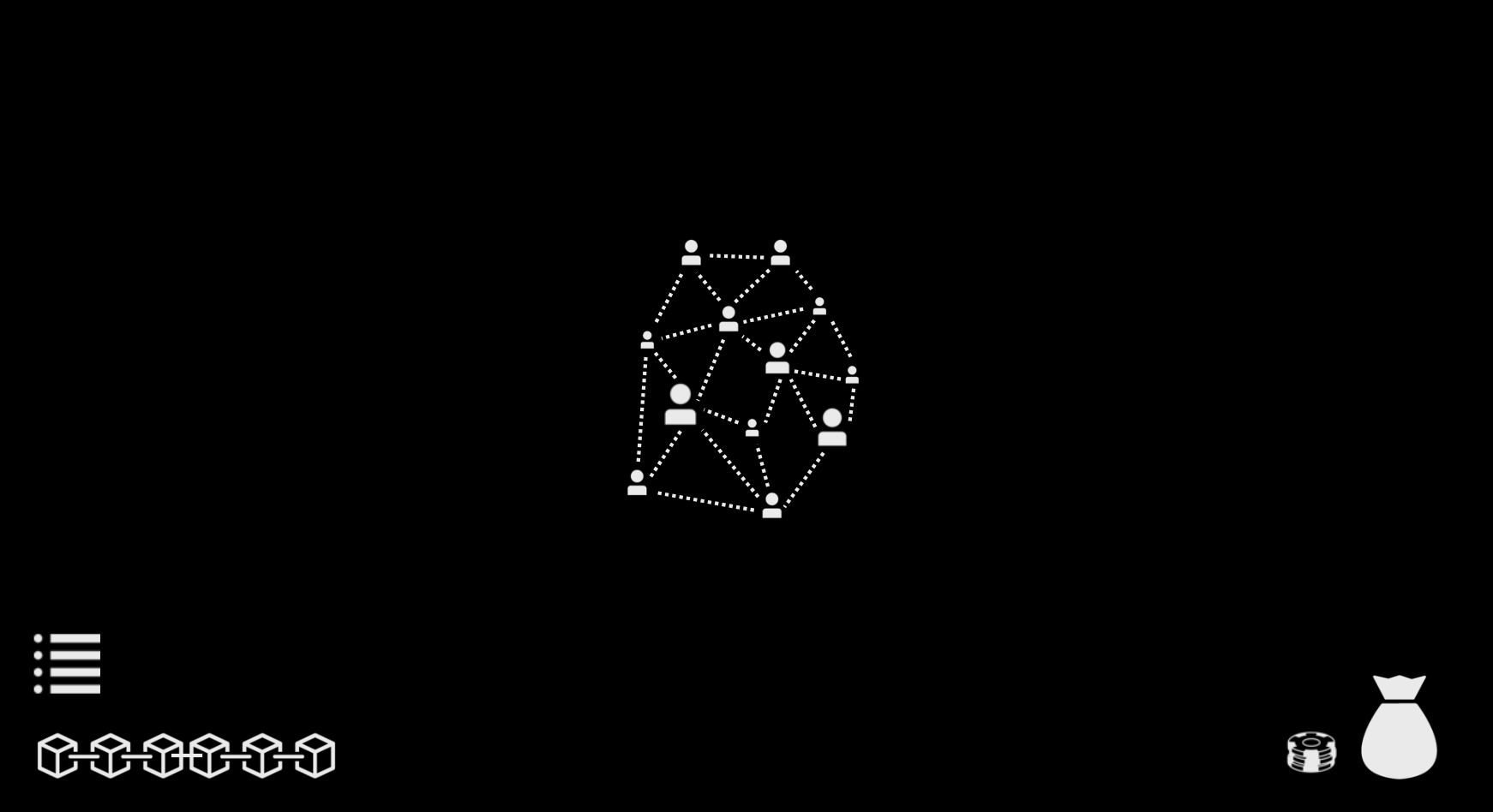As a follow on to my previous post on scalability and sidechains I thought it would make sense to give state channels a closer look. This article introduces some core ideas and features of state channels, explores current techniques for generalized state channels, and current challenges and limitations. By the end, you’ll hopefully have a better understanding of state channels and the implications of having a generalized framework for them.
Sidechains, Scalability & A Closer Look at Rootstock (RSK)
Cryptocurrencies like bitcoin, as stores of value, exist as math and code, secured through energy-intensive protocols like proof-of-work. For the masses to adopt a global, financially inclusive digital store-of-value, the network it runs on needs to be decentralized and secure. However when considering complex use cases beyond store of value, we also need to be able to transact at scale (speed).
Second-layer (L2) solutions like Plasma, Raiden, Lightning, TrueBit and RSK are exploring structures that anchor to a main blockchain as a root of trust, with scalability features implemented in higher layer(s). While many L2 solutions are building on a newer blockchain, what can we do to improve the scalability and programmability of bitcoin itself?
In this post I will be exploring how we may leverage the decentralization and security of the Bitcoin network to run decentralized applications at scale, and dive into the Rootstock project which is tackling this very problem.
Consensus Algorithms: Proof-of-Stake & Cryptoeconomics
Consensus Algorithms: Proof-of-Work & Mining Deconstructed
Because the blockchain is decentralized and transaction data is distributed between nodes, there must be a way for the nodes to sync and agree on what transactions have already occurred. In other words, they have to be in consensus about what the blockchain looks like. This is is the first of a multi-part post on different consensus protocols: it discusses proof of work, Byzantine Fault Tolerance, mining, energy consumption, and scaling.
A Closer Look at Decentralized Exchanges & The 0x Protocol
The blockchain is often heralded as a technology that removes the need for trust. Yet hundreds of thousands, if not the majority of cryptocurrency traders today still need to place so much trust in exchanges to operate in a responsible, secure manner. For my first post that dives into a specific use case of the blockchain, I'm excited to be writing about decentralised exchanges addressing these problems, and the projects currently being implemented. I'll do a quick overview of centralised/decentralised exchanges and then dive into the 0x project - a decentralised exchange protocol that will serve as the public dex infrastructure.









